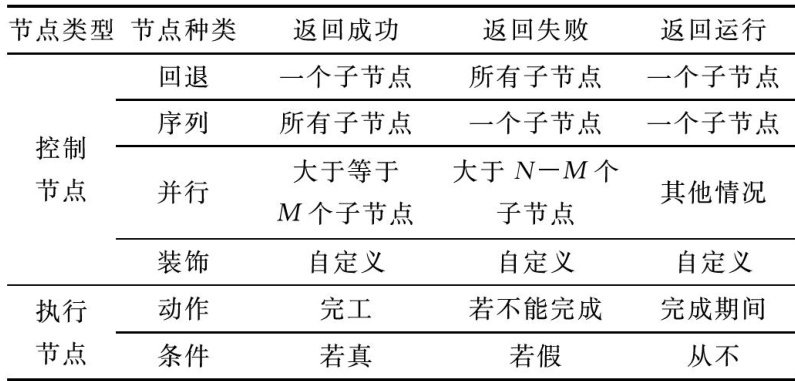基于行为树的路由协议控制层解耦结构设计


打开文本图片集
中图分类号:TN915.04 文献标志码:A DOI:10.12305/j.issn.1001-506X.2025.03.32
Decoupled control plane structure design for routing protocol with behavior tree
DONG Lujia1,FENG Tao²,*,HUANG Jiaorui³,YANG Chungang1,3 (1.Hangzhou Institute of Technology,Xidian Uniuersity,Hangzhou 31l2oo,China; 2. Instituteof Systems Engineering,Academy of Military Sciences,Beijing 10o039,China; 3.Schoolof Telecommunications Engineering,Xidian University,Xi’an 71oo71,China)
Abstract:In order to overcome the expansion limitations of traditional routing protocols based on finite state machine architecture,behavior tree technology is introduced to reconstruct the routing protocol control layer.Firstly,a routing protocol control layer decoupling structure is proposed,which decomposes the control plane into two levels with the help of behavior tre to achieve flexible programming of thecontrol plane.Then, arouting protocol state model based on behavior treeis designed to providea standardized description method for protocol behavior.At the same time,a logic processing rule reconstruction mechanism based on action templates is proposed,which enhances the scalability and maintainability of the routing protocol.Finally,a routing protocol is used to conduct a proof of concept.Comparative analysis show that the behavior tree is superiorto the traditional finite state machine in terms of expansion complexityand framework execution efficiency,proving its feasibility and effectiveness in network protocol design.
Keywords:finite statemachine;behavior tree;routing protocol controllayerdecoupling;flexibility;scalability
0 引言
向演进[1]。(剩余23019字)